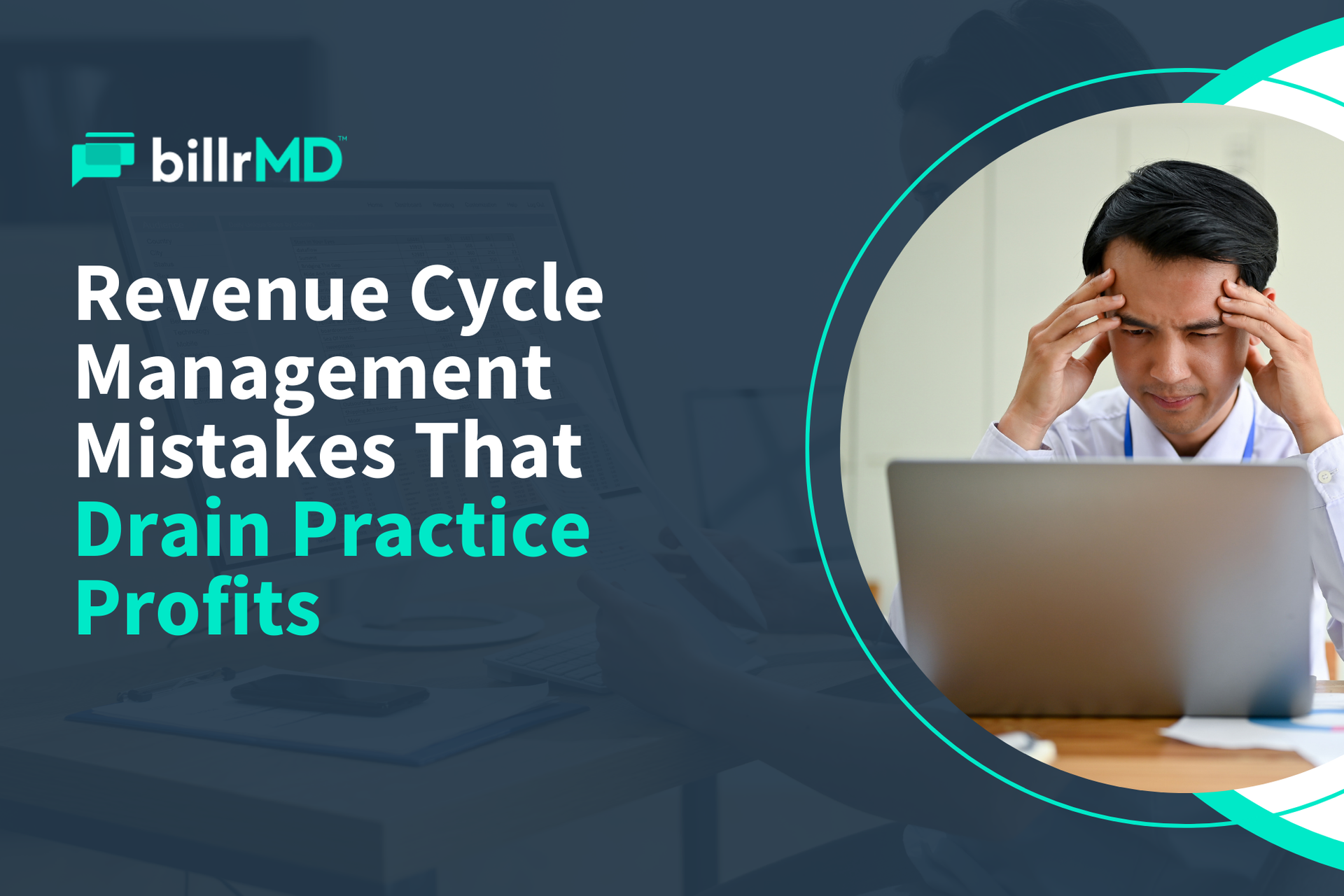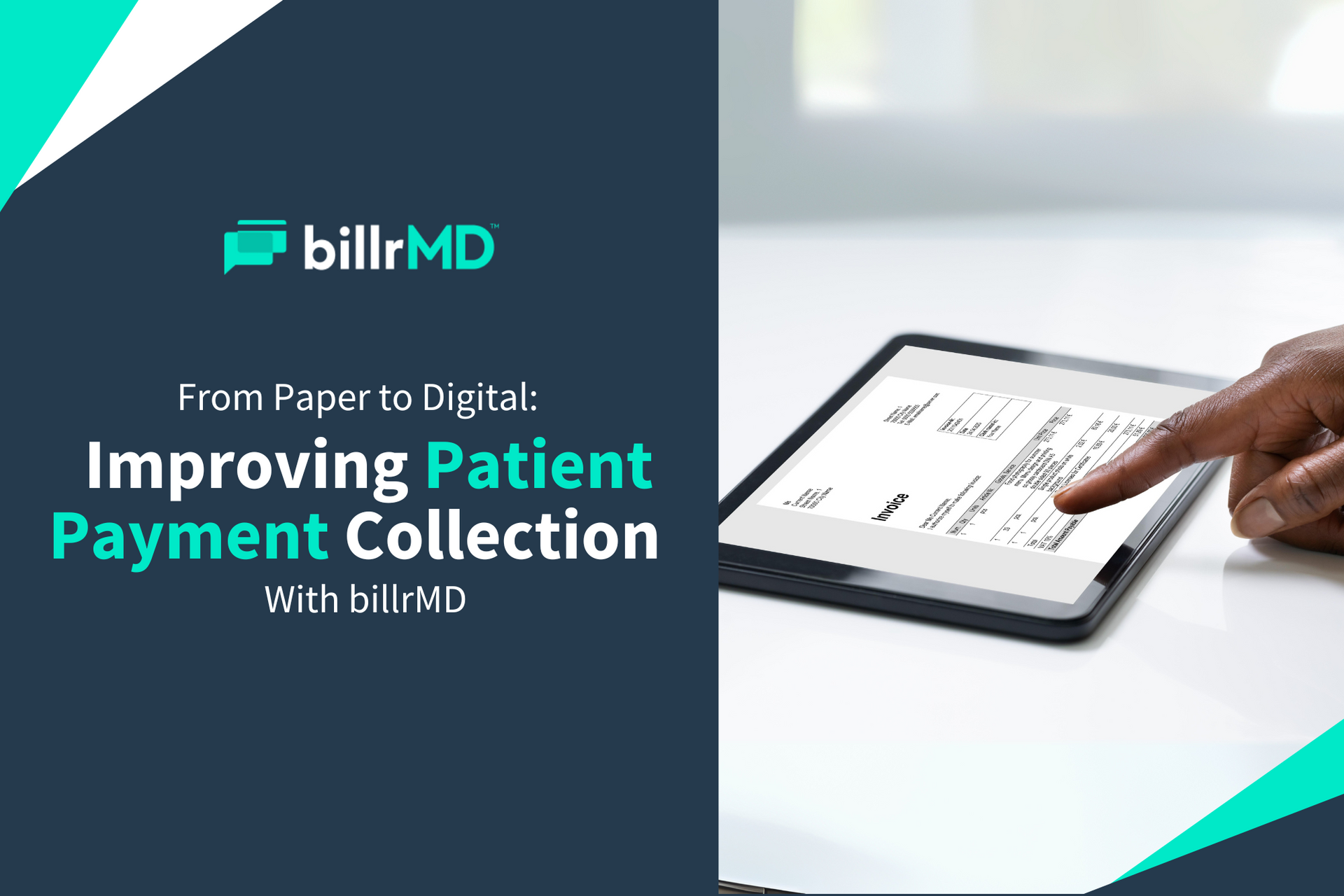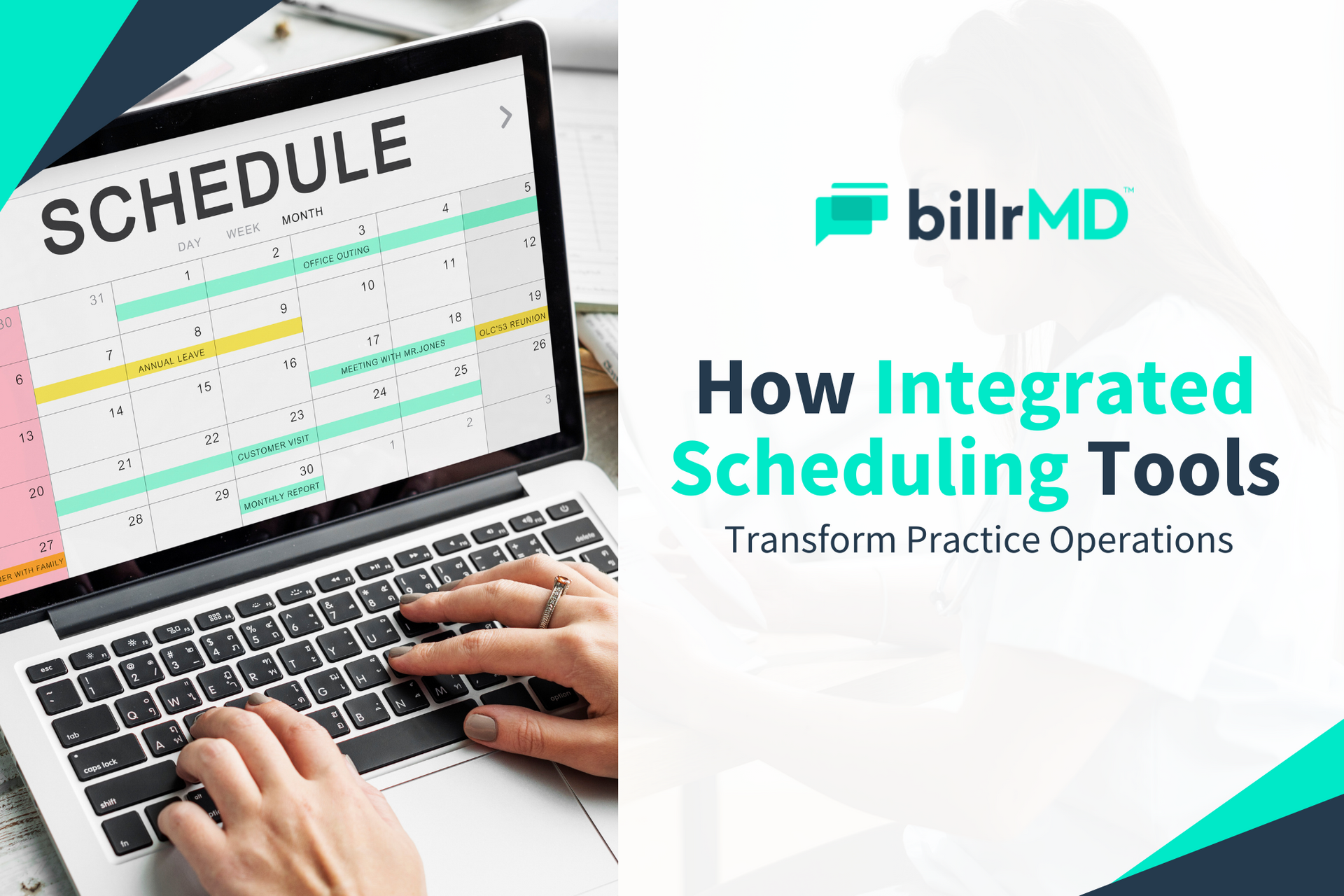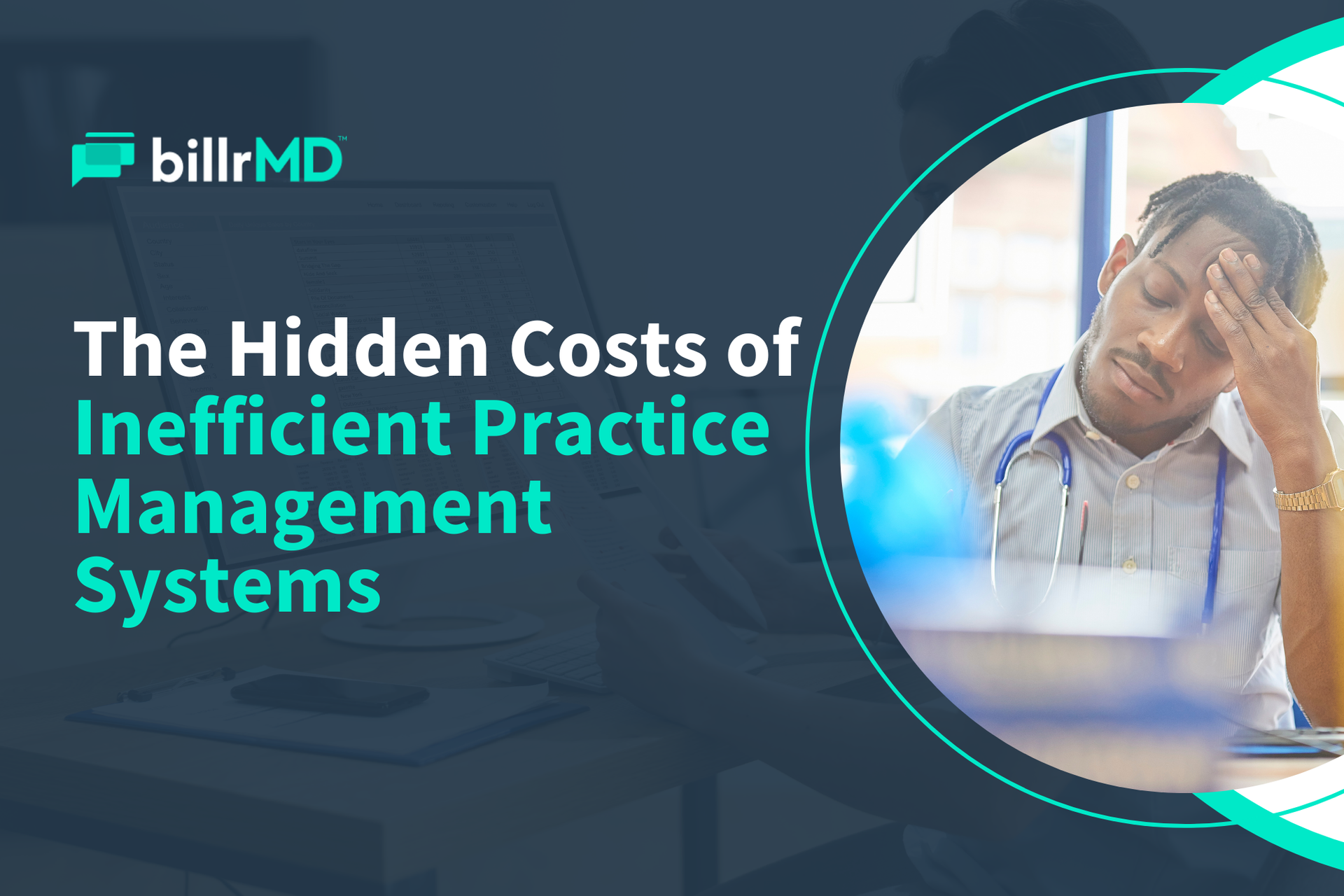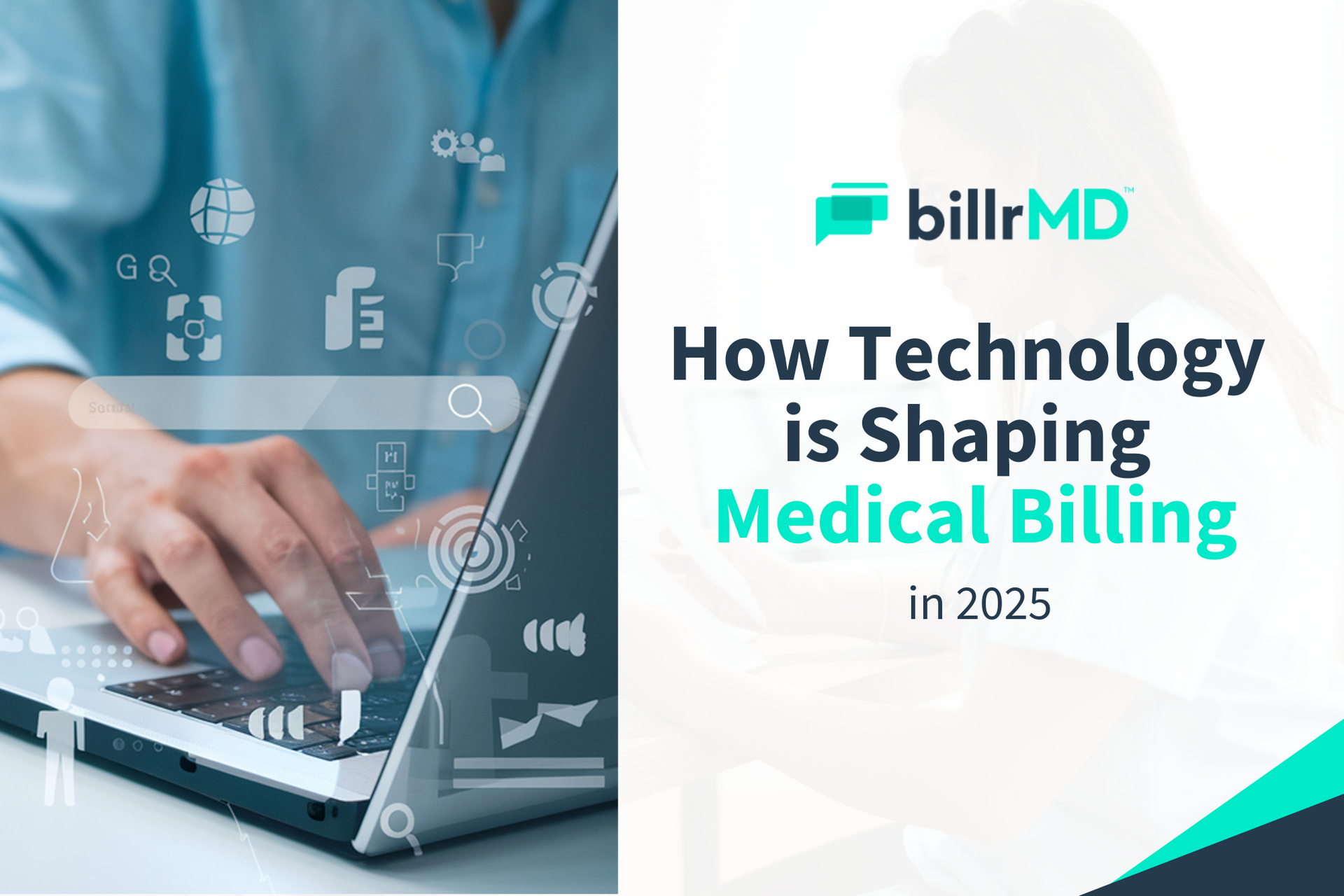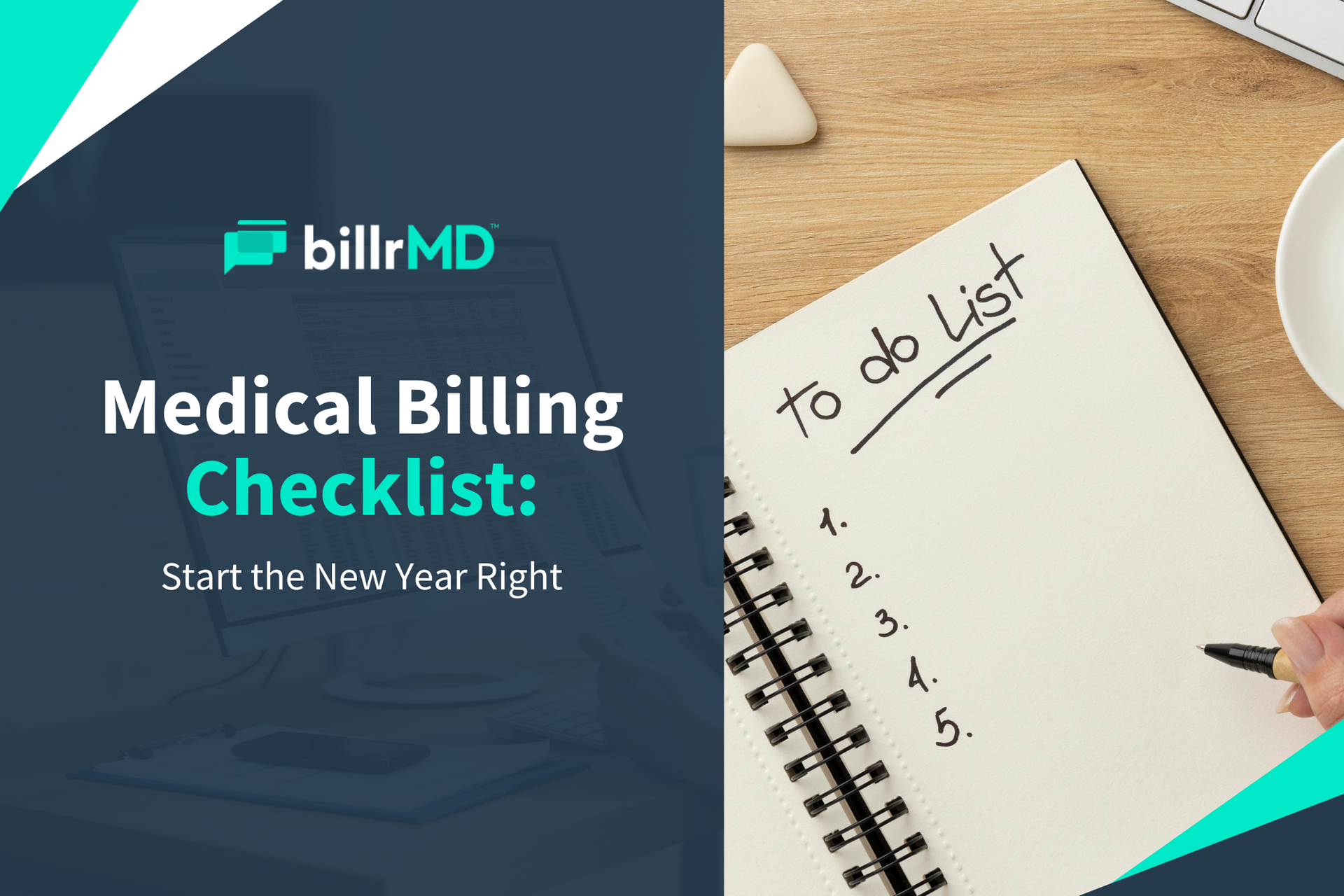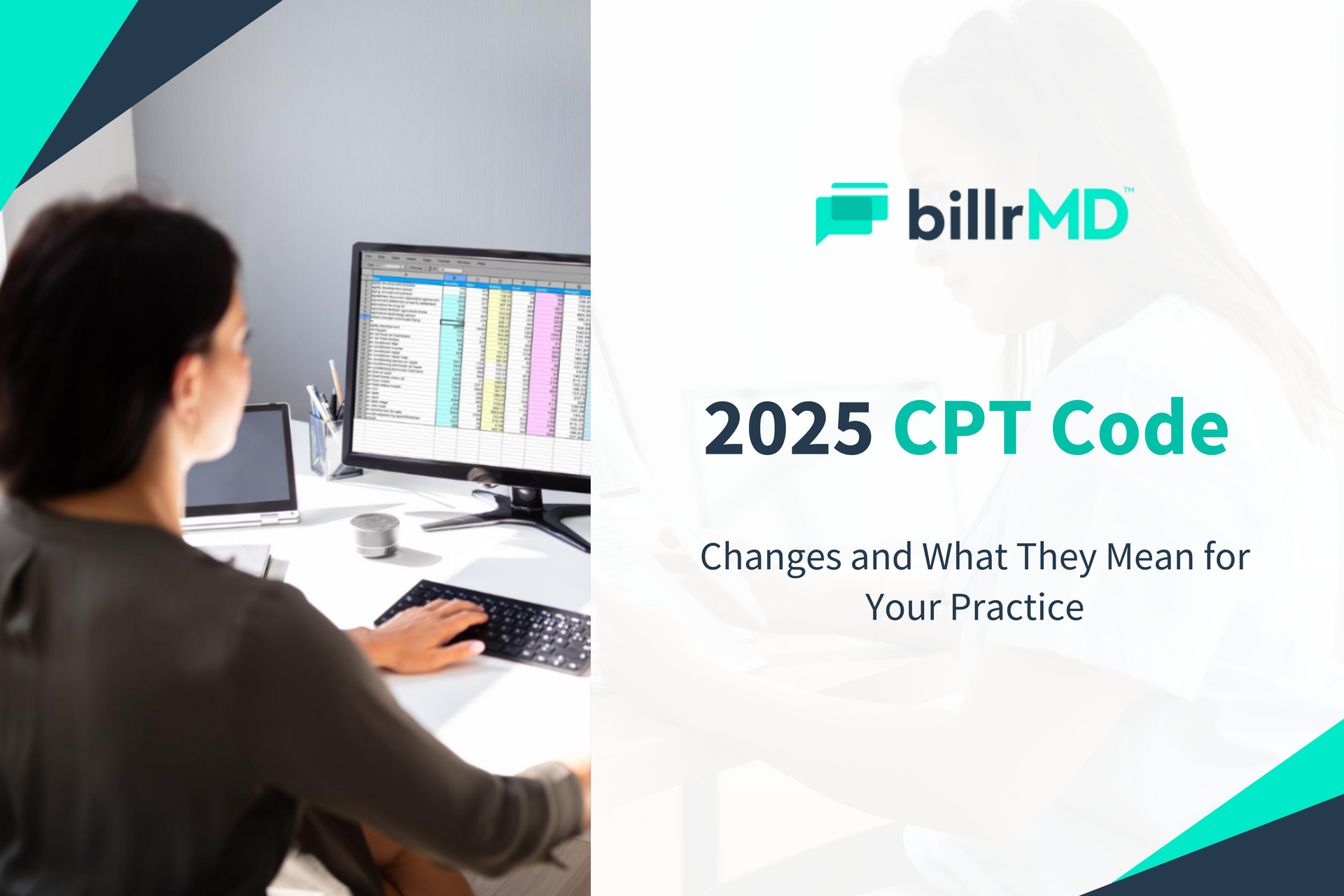Regulatory Reporting: Healthcare Requirements with Medical Billing Software
Regulatory reporting plays a vital role in maintaining compliance and safeguarding the quality of patient care. Compliance with regional, state, and federal regulations is the cornerstone of effective and high-quality healthcare.
According to the American Hospital Association, healthcare organizations spend $39 billion annually on operations to comply with 629 federal regulatory requirements.
Practices are expected to adhere to multiple regulations designed to protect patient information, ensure accurate billing, and maintain the integrity of the healthcare system. Failure to comply can result in legal penalties, regulatory fines, reputational damage, patient loss, and even shutdown of operations.
Fortunately, technological advancements have introduced and promoted the adoption of medical billing software, a software system that automates and streamlines billing and business management processes.
But how exactly does this medical billing software system like
billrMD
affect a practice’s regulatory compliance? Let us explore how medical billing software systems help healthcare providers meet regulatory reporting requirements efficiently and effectively.
Know More about Medical Billing Software
Understanding Regulatory Reporting in Healthcare
Healthcare regulatory reporting involves systematically collecting and submitting data to government agencies and other regulatory entities. This data often contains patient information, billing records, and other essential healthcare metrics.
Why It’s Important:
- Regulatory reporting ensures healthcare providers are following the law.
- Following regulatory requirements helps improve and monitor the quality of care provided to patients.
- Compliance with regulations ensures accurate billing and prevents fraud or abuse in the system.
- Regulatory reporting provides a clear and detailed record of healthcare services provided and billed.
Since there are various regulatory standards, sometimes, it can be confusing to keep up with all of it. To understand healthcare regulations better, here are the top regulatory bodies you need to be familiar with:
- Health Insurance Portability and Accountability Act (HIPAA)
HIPAA is a federal law that safeguards patient privacy and health information security. It establishes rules and standards for the use and disclosure of protected health information (PHI), providing patients the rights and overall authority of their data.
- Centers for Medicare & Medicaid Services (CMS)
CMS is a federal agency that administers the major healthcare programs in the U.S., including Medicare, Medicaid, and the Children’s Health Insurance Program (CHIP). They help set the standards for healthcare providers that are participating in these programs.
- Occupational Safety and Health Administration (OSHA)
OSHA is under the U.S. Department of Labor that helps prevent workplace injuries and illnesses, ensuring that healthcare workers can perform their duties in a safe environment.
How Medical Billing Software Facilitates Regulatory Reporting

Thanks to the continuous advancement of health technology, simple billing tools have transformed into a reliable software platform, and billrMD is the perfect example of this. Here’s how medical billing software facilitates regulatory reporting:
- Automated Reporting and Compliance Checks
Most medical billing software systems automate the reporting process, accurately capturing and reporting all the required data. These software solutions also have built-in compliance checks that automatically verify billing codes, patient data, and other relevant information, ensuring they adhere to regulatory requirements. This minimizes the time spent on manual tasks, allowing healthcare professionals to prioritize patient care over administrative duties.
- Real-Time Updates and Data Management
The majority of medical billing software solutions are updated in real-time to reflect the latest changes in healthcare laws and regulations, ensuring that providers always comply with current laws. They also have alerting features that notify users of important events, such as claim rejections, upcoming deadlines, or unusual billing patterns. These alerts help providers take immediate action, preventing potential issues from escalating.
- Data Security
Equipped with strong security features, medical billing software systems ensure that patient data stays protected in compliance with HIPAA and other regulations. This includes robust encryption, strict access controls, and thorough audit trails.
- Customizable Reporting Tools
Many medical billing software solutions offer customizable reporting tools, allowing healthcare providers to create reports tailored to specific regulatory requirements. This flexibility is essential for meeting the diverse demands of various regulatory bodies.
- Audit Preparedness
Medical billing software systems often include features that help providers prepare for audits. These features include detailed reporting, documentation storage, and alerts for potential compliance issues, which allow providers to address concerns before they escalate.
Medical billing software is a game changer in generating accurate reports. However, having high-quality medical billing software does not ensure effective regulatory reporting. Sure, it can provide accurate data. But errors can still occur if you’re not following the best practices for effective regulatory reporting.
Best Practices for Effective Regulatory Reporting
Accurate and timely reporting not only keeps healthcare providers in compliance but also gives them the opportunity to enhance and refine their operation, leaving less room for mistakes. Here are some best practices to ensure effective regulatory reporting in healthcare:
- Stay Updated About Regulatory Changes
Since healthcare laws and regulations change frequently, it is vital to stay informed about the latest compliance requirements from regulatory authorities. As much as possible, sign up for alerts, newsletters, and updates from their official websites and accounts to ensure you’re up-to-date and so that you can generate accurate reports.
- Invest in High-Quality Medical Billing Software
No two medical software systems come with the same set of features. Choose one that is specifically designed to meet the needs of your practice. Make sure it has functionalities that automatically collect the required data to minimize errors and provide real-time updates so your organization can keep up with regulatory changes accordingly.
- Implement Strong Data Management Practices
Ensure data accuracy by regularly auditing data entries in patient records, billing information, and reports. Follow HIPAA guidelines to protect sensitive information by using encryption and access controls.
- Conduct Regular Internal Audits
Regular internal audits can help your organization identify and address potential issues before they result in noncompliance. Regularly review audit trails to track changes and apply transparency in data management.
- Standardize Reporting Techniques
Develop clear, standardized procedures for data entry, reporting, and compliance checks to maintain consistency within your organization. Create checklists for the reporting process to verify the accuracy of all submitted data.
- Engage with Regulatory Bodies
Maintain open communication with regulatory bodies to clarify any concerns regarding reporting requirements and seek guidance on complicated issues. Attending their workshops, seminars, and training sessions can help you stay informed and ahead of regulatory requirements.
- Plan for Contingencies
Prepare a backup plan for possible data breaches and sudden regulatory changes. Conduct regular drills to prepare your organization to respond to emergencies that could affect your regulatory compliance.
Effective regulatory reporting in healthcare is essential for maintaining compliance and ensuring the highest standards of patient care. Implementing these best practices can help healthcare providers improve the accuracy, efficiency, and reliability of their regulatory reporting processes. This not only helps avoid penalties and legal issues, but also contributes to the overall success and reputation of the organization.
Experience Enhanced Regulatory Reporting Process

In an industry where compliance, accuracy, and data securityare essential, investing in the right medical billing software is a game-changer. It empowers healthcare providers to navigate the complexities of regulatory reporting with confidence and ease.
If you are looking for a customizable and easy medical billing software for your regulatory reporting, billrMD has everything you need.
Designed with billers in mind,
billrMD
is built specifically to simplify complex billing workflows. This means our system has all the tools you need in every stage of the billing process, from patient invoicing and billing to electronic claims submission, and many more.
We offer medical billing software for billing companies and medical practices regardless of size or experience. You can rely on our web-based medical billing software to help you take control of your practice more efficiently and ease the burdens of your healthcare organization.
Get Started Today
Recent Posts
One software for all your practice management needs.
billrMD | All Rights Reserved.
billrMD | All Rights Reserved.


